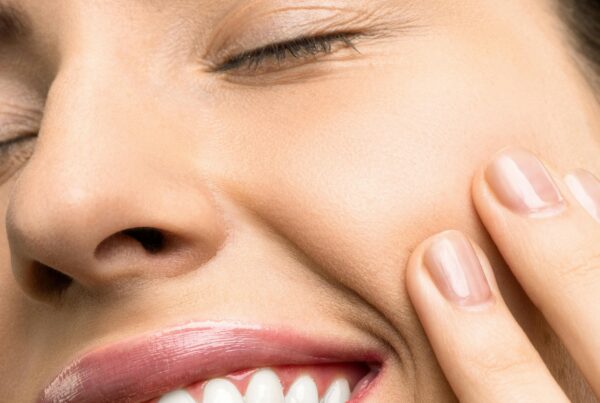The pandemic has changed many things in our lives. One of them is that, as we are confined to our homes, we are increasingly depending on online services for entertainment, education, and work.
It’s a well-known fact that online media has heavily influenced society’s perception of beauty. Many TV shows and movies cast beautiful, fit women who seem perfect in the eyes of young teenagers. In addition, just as most of us use social media to promote ourselves, there are hosts of celebrities, influencers, models, and brands who also use it to sell themselves by creating images of perfection.
We now know with absolute certainty that there is a positive correlation between the rise of social media and the rise in eating disorders among young men and women. Many are desperately trying to emulate the types of bodies and faces they see. Unfortunately, in doing so, they end up doing physical and psychological damage to themselves.
Social Media and Body Standards
Social media tells us that we need to be beautiful to be worthy. This could not be further from the truth. While we may believe we are mindlessly scrolling through such content, our subconscious is soaking it all up, Eventually, before we know it, those perfectly formed bodies have become the standard by which we measure everything else.
Analyzing the situation carefully, it becomes apparent that there is a problem within this world of idealism. The thousands of famous people and models on social media who document their workout routines, eating habits, and other aspects of their lifestyle that contribute to the way they look, point to the probability that it’s all fake.
The public needs to understand that the looks on the “Gram” are a combination of gym, plastic surgery, and a generous amount of retouching. A “perfect body” simply doesn’t exist. An immense amount of planning, makeup, and photo editing go into the final Instagram picture that influencers and celebrities post.
 Rise of disordered eating
Rise of disordered eating
An article in the American National Eating Disorder Association blog, titled Body Image and Eating Disorders, states that 40-60% of elementary school-aged girls are concerned about their weight. This issue starts at an early age and follows a woman her whole life. The article says that over half of teenage girls skip meals, fast, smoke cigarettes, vomit and take laxatives to control their weight. These actions become habits and can develop into psychological conditions.
These beauty standards can cause individuals to go to great lengths to achieve the face or body they want. This has resulted in an exponential rise in plastic surgery. With plastic surgery come risks. Procedures may be botched, requiring corrective surgery, which further increases a patient’s risk and can exacerbate mental health issues. According to the Mayo Clinic, there are also risks of complications from anesthesia, infection at the surgery site, fluid buildup under the skin, bleeding, scarring, and nerve damage.
Overcoming societal beauty standards
However, there is light at the end of the tunnel. In a kickback against the devastating effects of social media on young people who are struggling with their identity, several accounts have popped up on Instagram revealing the truth behind those “perfect” pictures. Accounts such as @celebface may seem as if they are picking on celebrities. However, they are created to remind us that social media is nothing but smoke and mirrors. In fact, those that we hold in such high esteem are nothing but mere mortals.
End note
I’m encouraged to see that society is beginning to accept diverse types of beauty besides the conventional. All races, body shapes, hairstyles, and stretch marks should be socially acceptable. Moving forward and away from outdated and unattainable beauty standards is essential. Doing this will give all women the confidence they need to be themselves without fear of judgment.
The future is bright. However, we need to branch out and be accepting of everyone to make the progress that is needed.



![women [longevity live]](https://longevitylive.com/wp-content/uploads/2020/01/photo-of-women-walking-down-the-street-1116984-100x100.jpg)










